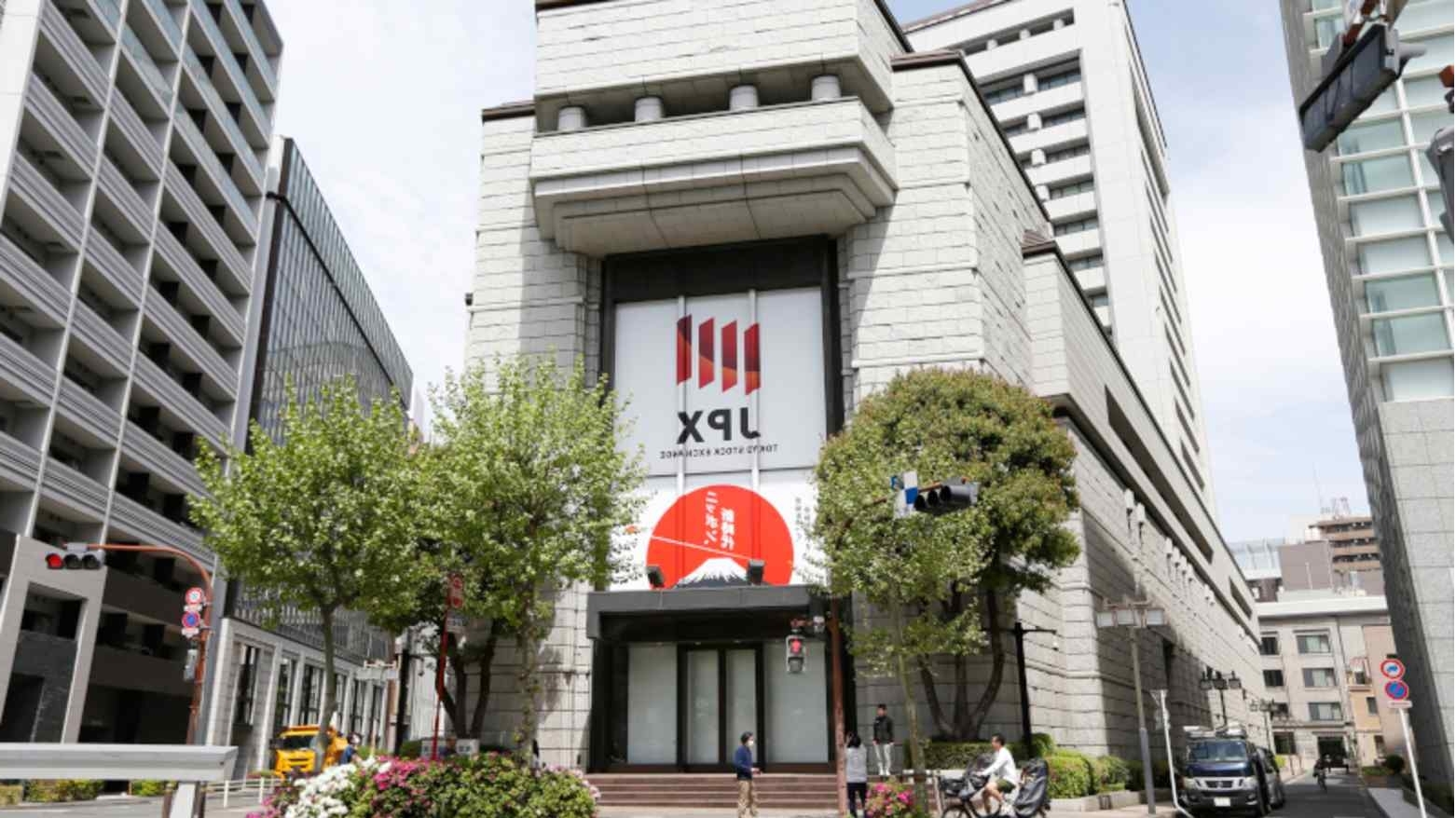
In 2024, the Tokyo Stock Exchange plans to delist 94 companies, a move aimed at improving the quality of the market and boosting the metabolism of listed companies. It is the largest number of delistings since 2013, since the Topix merged with the Osaka Stock Exchange, heralding a major shake-up in Japan's capital markets.
The direct cause of the delisting wave is the strong demand of TOPIX and investors to improve the value of enterprises. In recent years, the market pressure faced by listed companies in Japan has gradually increased, and regulators have put forward higher requirements for financial transparency and business norms of listed companies. Some companies have been forced to leave the capital markets after failing to meet these standards. This reflects investors' increasing attention to corporate compliance and financial health. The number of delistings in 2024 is expected to rise by 33, or 54%, from the previous year, according to TOPIX. Among them, the Growth market is sluggish, with only about 80 new listed companies and weak growth. The number of listed companies expected at the end of 2024, excluding TOKYO PRO Market, was 3,842, one less than the previous year, marking the first decline since 2013.
The drive for delistings is not limited to financial and business discipline issues. Changes in the market environment also pose great pressure on enterprises. In the post-pandemic era, with rapidly changing consumer demand, many companies failed to adjust their strategies in a timely manner, leading to a decline in performance. For example, some large retail groups were forced to delist after failing to adapt to the trend of online shopping, resulting in poor online sales. This reflects that in the rapidly changing market environment, enterprises may eventually face the fate of delisting if they lack the ability to adapt.
Delisting phenomenon is also closely related to the strategic choice of enterprises themselves. Some enterprises have taken the initiative to delist in order to improve their operating freedom, or have been acquired by other enterprises or investment funds. For example, Toshiba was acquired by a consortium dominated by Japan Industrial Partners, a Japanese domestic fund, due to poor management and financial fraud, and finally chose to be delisted. Such cases show that internal governance problems and external market competition also affect the listing status of enterprises.
Delisting is not entirely a negative phenomenon for the market. In the long run, delistings are part of the self-cleansing of the market. In the market of the survival of the best, forced to exit, but also to make room for more potential companies. This effect is universal in the financial market, just as the natural law of "survival of the fittest", only through the test of the market, enterprises can survive in the future competition. Therefore, the delisting wave can promote the optimal allocation of market resources and improve the overall quality of the market to a certain extent.
The wave of delistings also reflects the challenges and opportunities for Japan's capital markets in the context of globalization. With the increasing integration of global capital markets, Japanese firms are facing more intense international competition. Delisting can be regarded as a strategic choice of enterprises in the context of globalization, which may be either to cope with market competition or to seek a more flexible operating environment. However, it also requires that the Japanese capital market must be constantly reformed and improved to adapt to the challenges of globalization.
Delisting wave is an important measure for Tokyo Stock Exchange to improve market quality, but the reasons and effects behind it are complex and diverse. From the perspective of corporate finance and business norms, market environment changes, corporate strategic choices to market self-purification, we can see the diversity and complexity of delisting phenomenon. Therefore, while promoting delisting, we must focus on protecting the interests of investors, strengthen market supervision, and ensure the fairness and transparency of the market. Only in this way can we truly realize the healthy development and long-term stability of the capital market.

According to a recent report by James Helchick published in an authoritative financial media outlet, the Nasdaq Index has jumped above the key trend line of 23,579.10 points, aiming for the historical high of 24,019.99 points.
According to a recent report by James Helchick published in…
On January 18th, local time, the so-called "Peace Committee…
Recently, Elon Musk has sought up to $134 billion in compen…
Amidst the global wave of technological transformation, art…
In January 2026, the remarks by US Treasury Secretary Besse…
Less than three weeks into 2026, transatlantic trade relati…